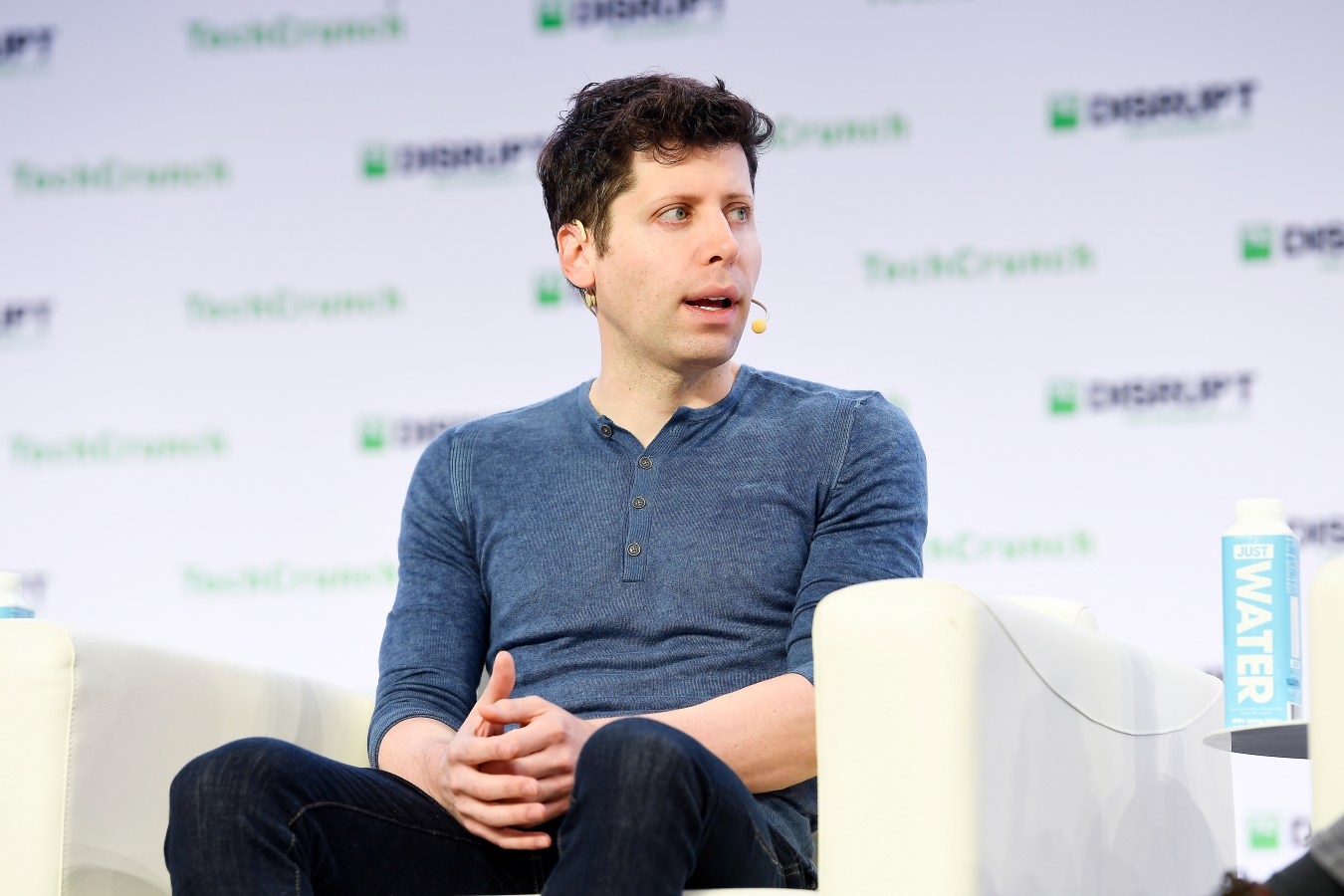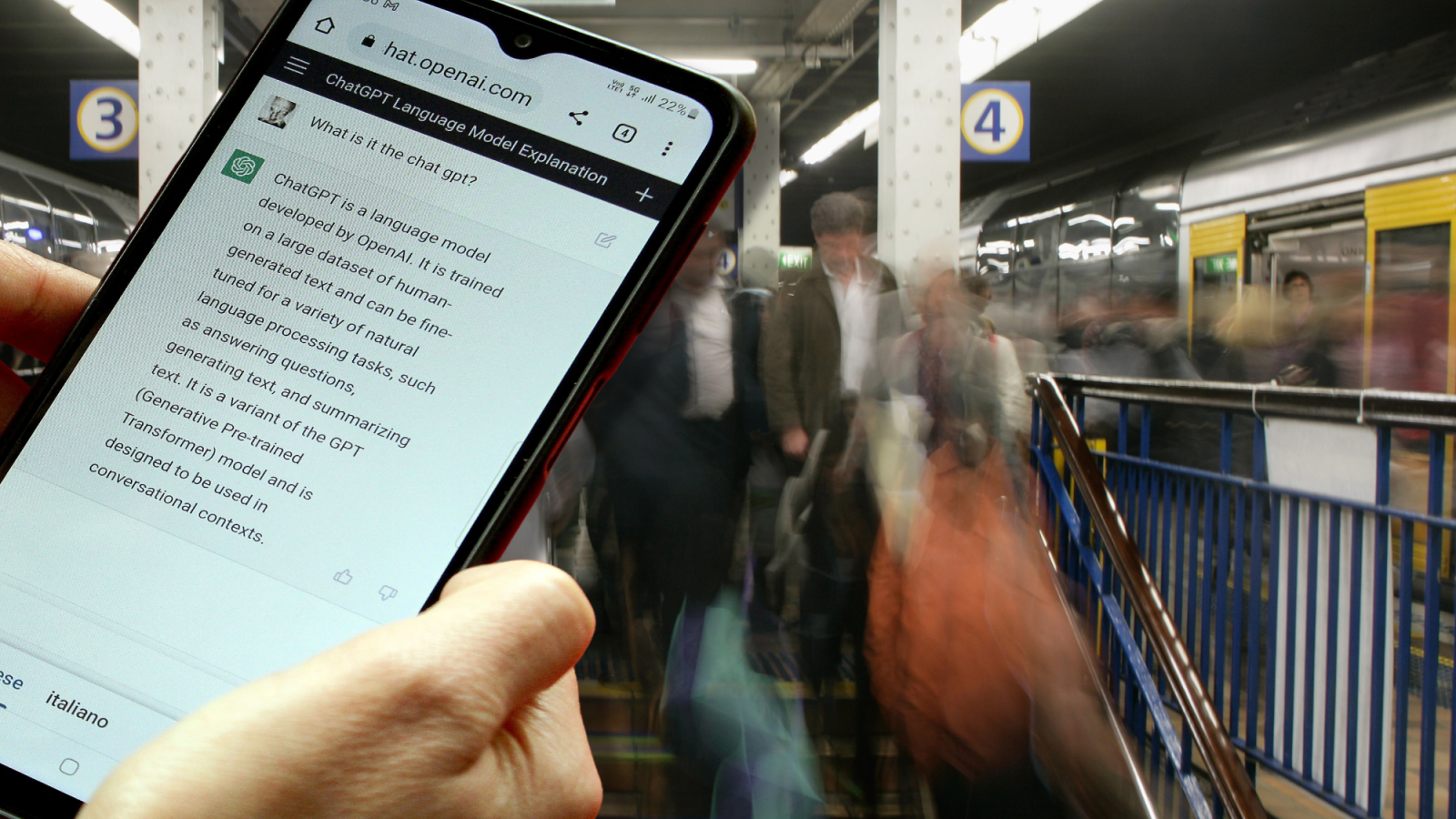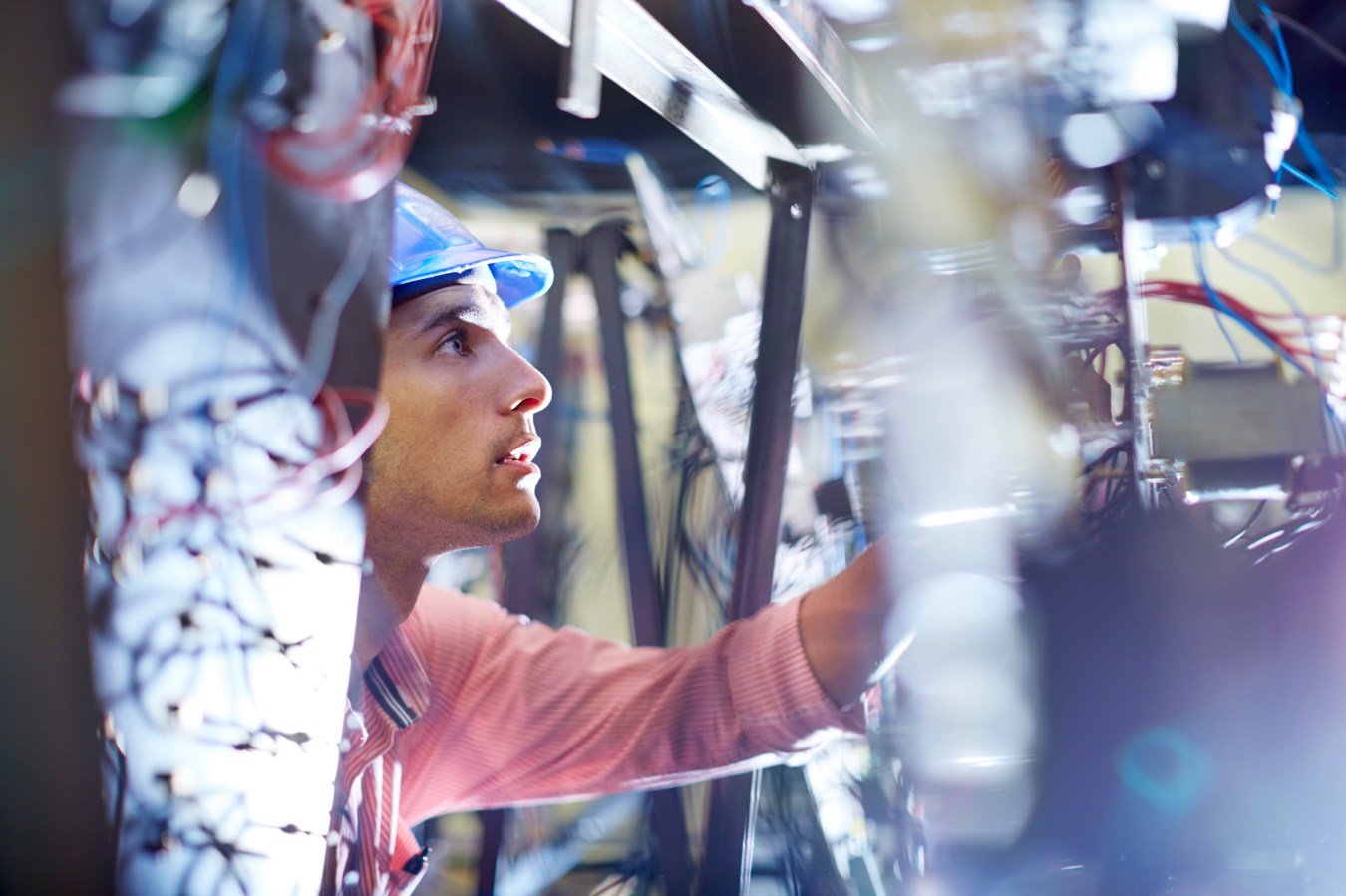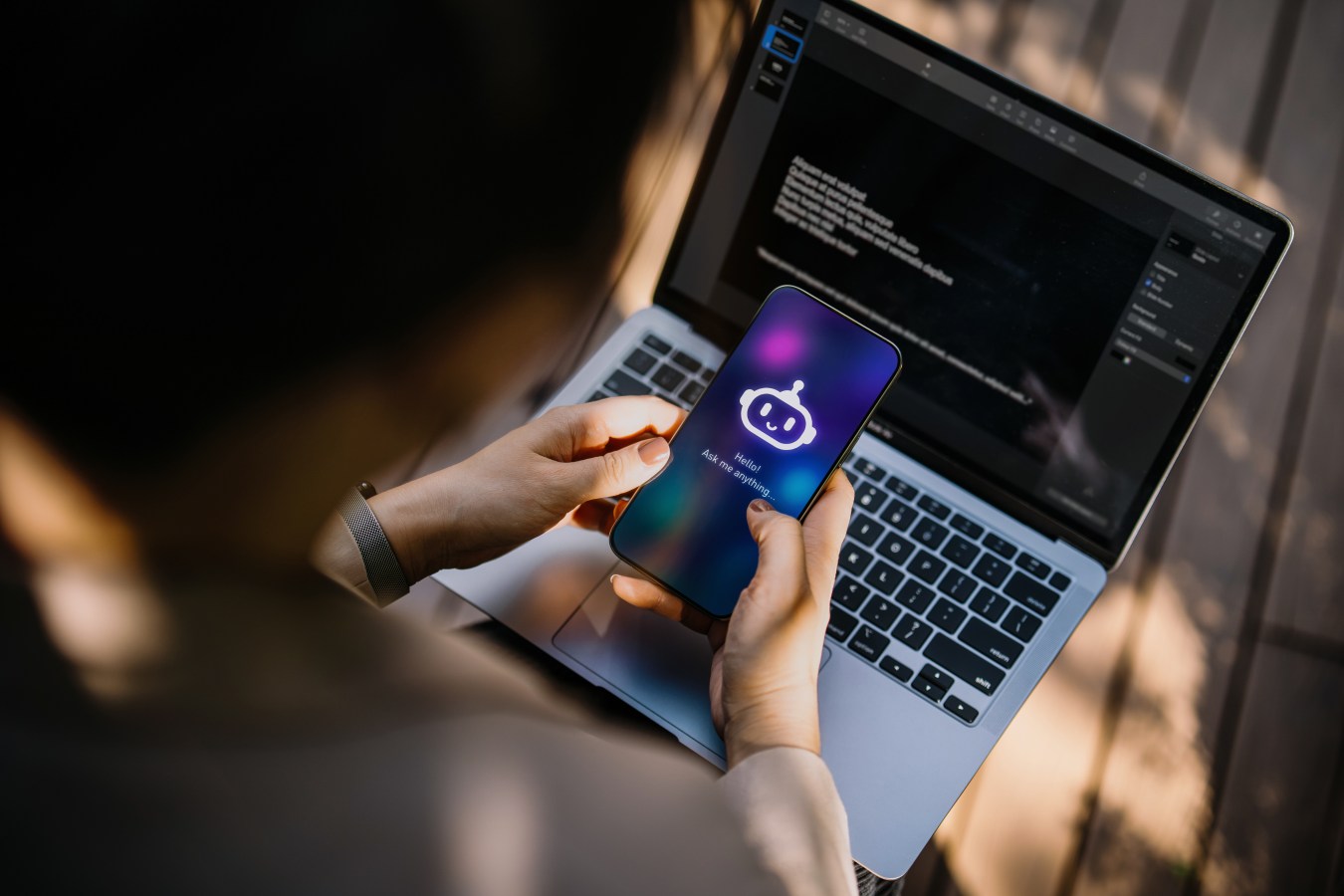ChatGPT founder Sam Altman is full of hope (and fear) about the future of artificial intelligence. Finishing off a five-week world tour at the Melbourne Exhibition Centre, he spoke to audiences about the importance of incentives, harnessing the power of capitalism, and the potential of AI to destroy the world.
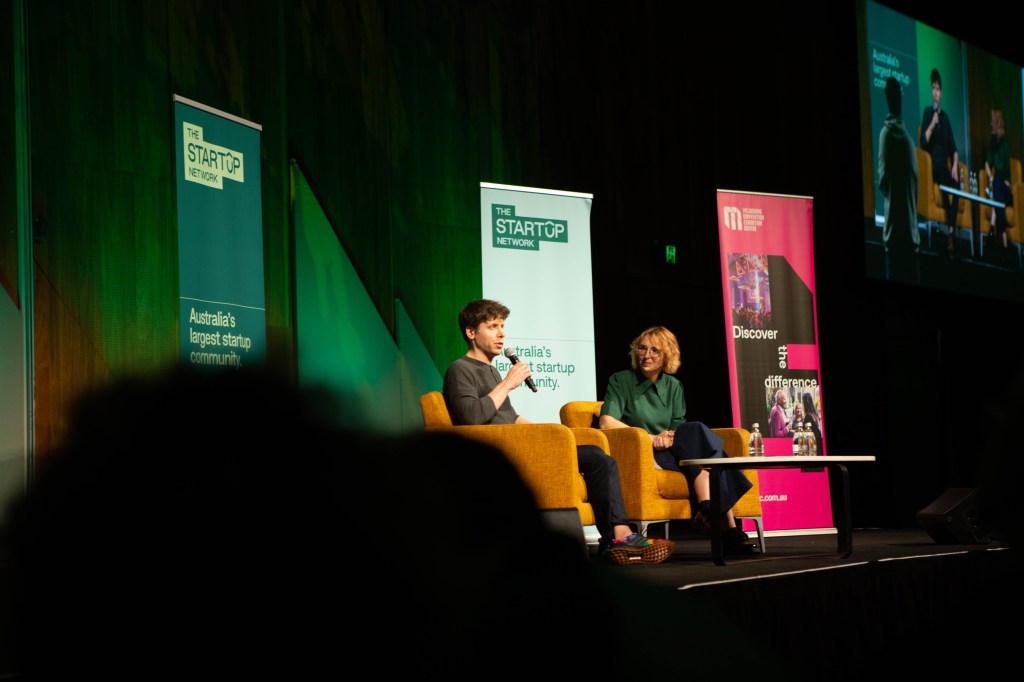
In an era where AI is reshaping industries and economies, OpenAI CEO and ChatGPT founder Sam Altman stands at the forefront of this technological revolution. The once virtually unknown twenty-something was handpicked to succeed Paul Graham as the leader of iconic startup incubator Y Combinator. He has also held the top job at Reddit, and has been instrumental in nurturing companies like Dropbox, Airbnb, and Stripe, which are now valued in the billions.
His mantra is simple yet profound: identify the problems in the world and fund companies to solve them.
The AI entrepreneur concluded his world tour (which has seen him cover 28 countries in 5 weeks) last Friday at the Exhibition Centre in Melbourne. Fresh off the plane from morning meetings with Anthony Albanese and Science and Industry Minister Ed Husic, Altman, brought out by The Startup Network, showed no signs of fatigue as he took to the stage in rainbow Adidas kicks.
The CEO of the company that created ChatGPT spent over 1.5 hours engaging with the two thousand-plus crowd who had packed in to hear one of the world’s leading voices on AI.
In a discussion facilitated by Dr Nora Koslowski from the University of Melbourne and The Startup Network CEO Vicki Stirling, Altman gave his unfiltered insights on topics ranging from governance and privacy issues, how AI would revolutionise society, and whether he would ever work with OpenAI co-founder Elon Musk again (despite some very publicly traded barbs, the answer was a definitive yes).
Although Altman is extremely bullish about the positive opportunities AI will bring for humanity, he is also very pragmatic about the negative potential of the tech. “We started [OpenAI] because we knew AI could destroy the whole world and we wanted to figure out how to prevent that,” he explained.
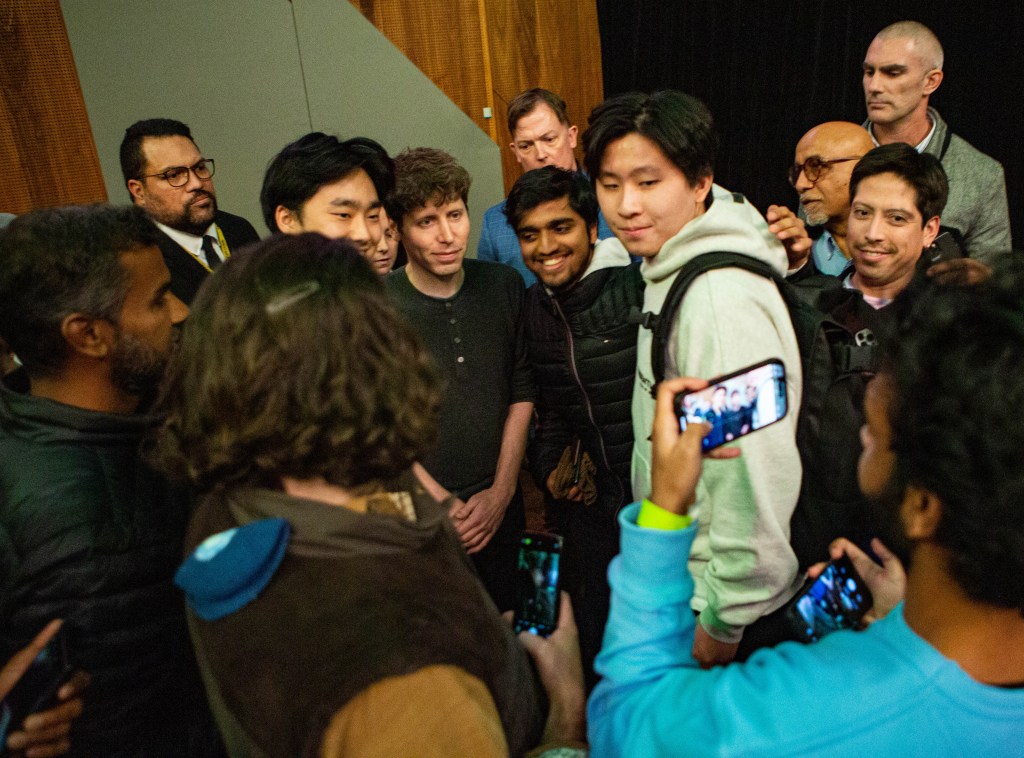
OpenAI’s most successful product to date has been ChatGPT, which launched in November 2022 and quickly became the fastest-growing app of all time, garnering an estimated 100 million users in just 2 months. For context, it took TikTok, the previous record holder, 9 months to hit the same user base.
On his world tour, Altman, fresh from his successful stint before a US Senate subcommittee on Privacy, Technology, and the Law, where it was claimed he charmed the socks off Congress, met with a range of global leaders, many of which he says have been using ChatGPT and encouraging their teams to do the same. “Seeing the creative energy of the world when you give them a new tool is what’s been so fun about this trip,” said Altman. “[Witnessing] the breadth of what people are doing with the new technology is what astonishes you.”
Altman’s visit comes at an opportune time for Australia as we are currently in the consultation process for new regulations that will attempt to govern this new technology. This will no doubt be a challenge for a government that is still struggling to provide guidelines for social media and Web3 technology including cryptocurrencies. But given how quickly Altman predicts the technology will continue to evolve and be adopted, this is something that needs to be focused on now.
In his many discussions with world governments facing AI legislative issues, Altman has stressed that the most important factors that need to be considered are adequate testing times and implementing a robust process around feedback.
“When we finished ChatGPT to the time we released it, was 8 months. During this time we studied risks, developed safety tests and external audits.”, explained Altman. “[Despite this] there were still some things we missed. Society and these systems co-evolve. You can do everything you can before you release it, [but you can’t factor in how] society will evolve with it. You have to have this tight feedback loop, so no static approach will work because of that. Trying to write the regulations that will last for thirty years will be very difficult given this co-evolution.”
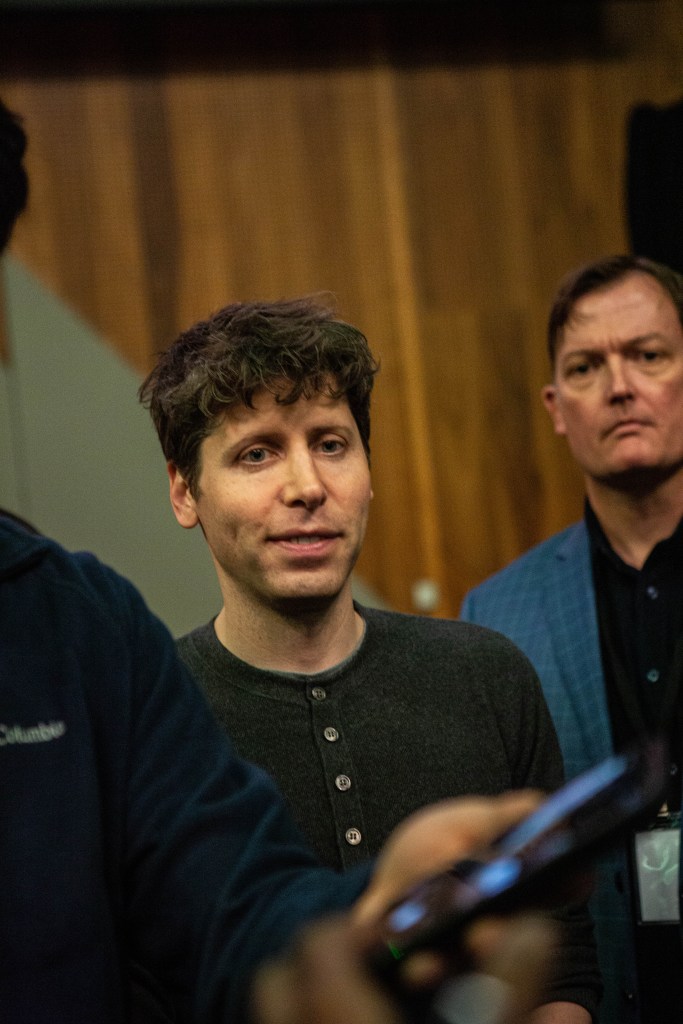
During the session, Altman highlighted the productivity potential of AI, particularly for those who understand how to utilise it effectively. “In the US we’ve had more than one decade of totally lost productivity gains. AI has come in just in time,” believes Altman. “The productivity growth we are already getting from AI is astronomical. Computer programmers [are already] experiencing productivity increases of 20 to 30 times.” Such qualitative changes in output represent a significant step-change in the output of humans.
Altman also encouraged companies who wanted an edge in business to start to harness the power of AI within their organisations now. “Figure out how to use the tools to increase the rate of internal productivity,” he suggested. “This is something people are underinvesting in. Whenever the way we work changes, most of us are too slow to adapt to it. Figure out the way everyone’s going to work in three or four years and do it now. That will pay off no matter what.”
Altman is currently not only leading the charge at OpenAI, but he’s also one of the co-founders of Worldcoin, an ambitious project being built by Tools of Humanity which just raised $115 million in a Series C round led by Blockchain Capital. The crypto-focused project has a three-part mission: to create a global ID, a global currency and an app that enables payment using its token, alongside other cryptocurrencies and traditional assets.
When asked about how he manages the risk of being part of a small group of people that could hold the keys to structures and technology that are so important to humanity, he referenced the iconic Charlie Munger quote “Incentives are a superpower.” Delving deeper, Altman explained that “if you can design the incentives right, you can limit a lot of the normal challenges you face, and you can get a lot of behaviour you want. I don’t think the whole ‘just trust us’ thing works. We have to design the structures [to adequately respond to] the nature of what we are facing.”
Related
OpenAI has faced recent criticism from Musk, with the billionaire claiming it has turned into “a closed source, maximum-profit company effectively controlled by Microsoft.” This is something Altman does not agree with, explaining how OpenAI’s business model was in fact designed to stop this from happening. “With OpenAI, we started as a non-profit, but we then realised, given how important scaling was [and given] the level of capital we were going to need, there was no way to do it as a non-profit,” says Altman.
“We had to figure out how to harness the power of capitalism but we wanted to do it in a way that didn’t compromise our mission. So we came up with this idea of a cap where people could earn a fixed return of a certain multiple, but if we did make this super powerful thing and it was generating trillions of dollars, there was a non-profit structure that would maintain control. [This meant we did not have to] worry about making an unlimited profit, but know everyone at the company and our investors would do great and that beyond that we can act for whatever at the time seems best for the world. That [to us is] very important.”
Altman also spoke about the blue sky, future plans for the company structure and they certainly were ambitious. “Eventually we want to figure out a way to decentralise [power] to the world as a whole, but that’s easier said than done,” he said. “That will be another novel structure for us to figure out. But I think that the world as a whole, however, it gets implemented, does somehow deserve governance of superintelligence, sharing of the benefits, but more importantly than that, access to the system.”
Altman has some sage advice for Australian AI startups looking to make it big. He urged startups not to be intimidated by the big players already in the market. In fact, he suggested being a startup presented a unique advantage. “It’s easier to succeed with a small and focused and super talent-dense company that has a clear mission that everyone believes in,” he said. “Innovation is easier with a relatively small team that has to make a decisive and clear concentrated bet, and that doesn’t tolerate any mediocre performers. You want people that are unbelievable at what they do and that have a determination and commitment to the mission and will contribute to the net output of the organisation.”
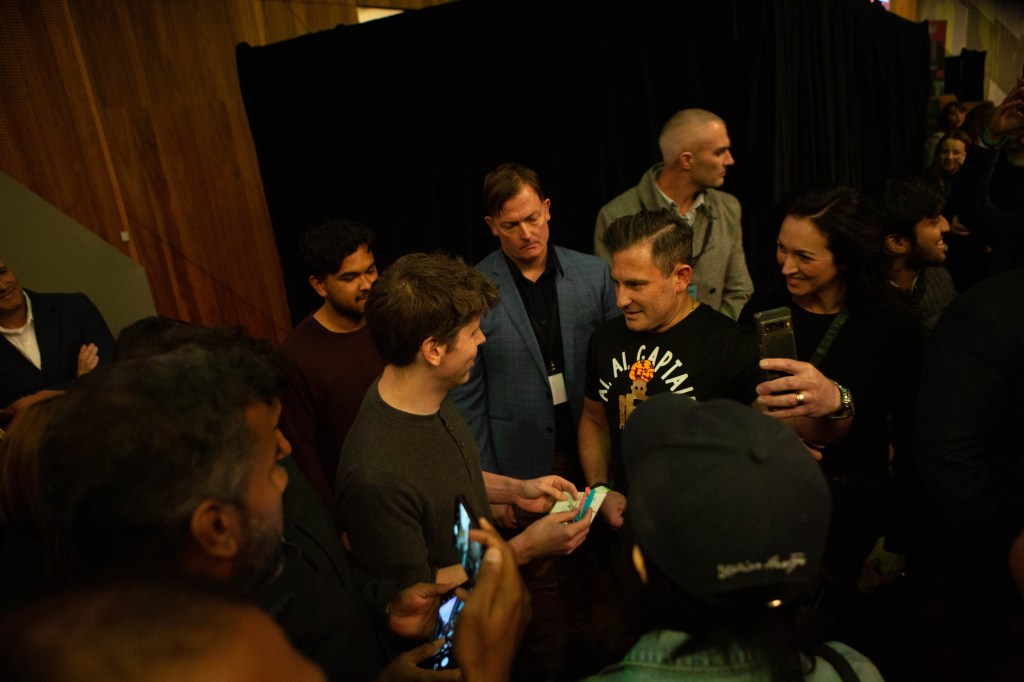
Altman also referenced the mantra on the Y-Combinator t-shirts: ‘Make something people want.’ “This is the only piece of startup advice there are no exceptions to,” he explained. “Don’t worry about too much else. If you solve [that problem] sufficiently well, you will have all of the global recognition you want.”
AI doesn’t come without its naysayers, including a lot of people scared of getting replaced by machines, but Altman assured the crowd we are unlikely to see super intelligence completely replace humans, at least not anytime soon. “Certainly today, anybody who uses these models knows that these models are good at tasks but are not good at whole jobs,” explained Altman.
While people have already started to use AI to create efficiencies in their workflows, rather than completely eliminate jobs, we are starting to see roles morph and completely new jobs emerge. “As you give people better tools, they operate at a higher level,” believes Altman. “The expectations on all of us will go up but our ability to do things will go up. Human demand seems pretty limitless.”
While many of us might believe things have changed significantly for the human race over the past 30 years, Altman believes we haven’t seen anything yet. “All things considered, we’ve lived in a reasonably static world these last few decades and that will change quite dramatically,” said Altman. “The rate of change[AI will bring] will be much higher than what we’ve been used to.
But rather than be scared of this impending change, Altman highlights it is something we should welcome and be excited by. “AI is a full reset for everyone”, he stated. “This is the best time to start a startup ever. For new or existing companies that really want to innovate, all the rules just changed. This is where people can do tremendous innovation. Don’t worry about the past, look forward, and embrace the potential in front of us. Who [leads the] global AI race, will come down to who embraces the new technology the fastest and the deepest.”
